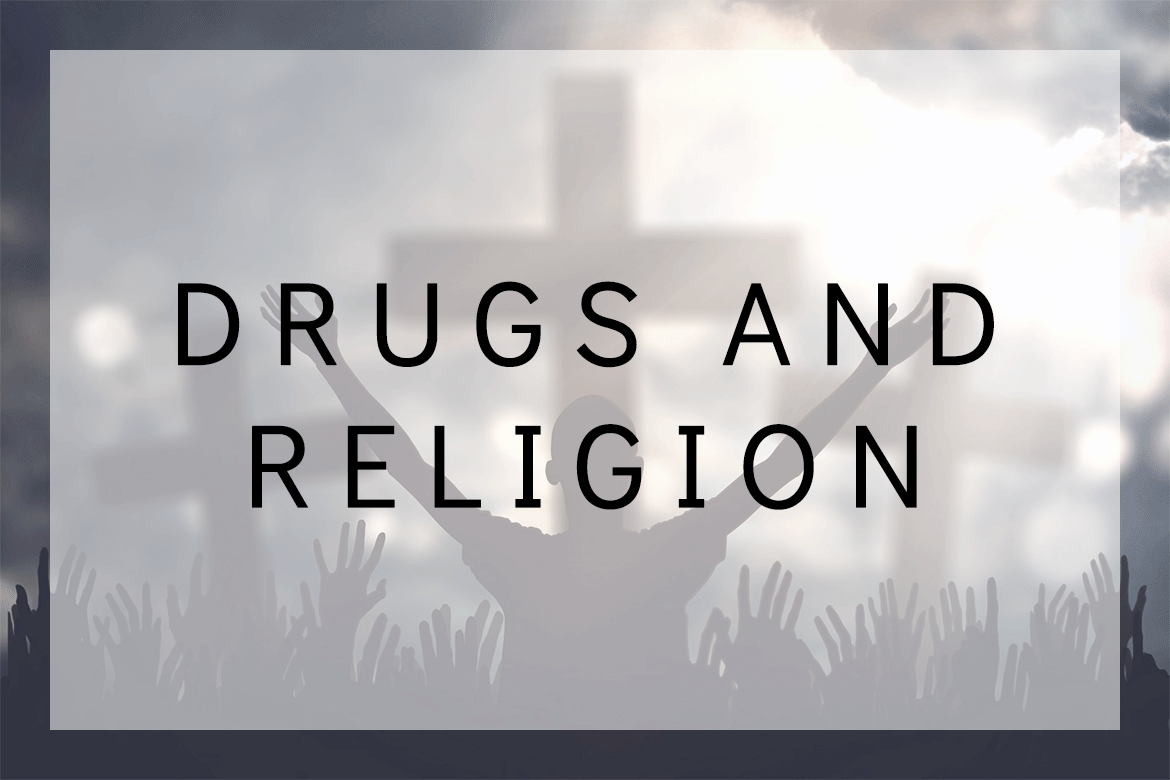How Religious Leaders Can Help in The Fight Against Drug Abuse in Kenya
By Simon Mwangi and Judith Twala
Alcohol and other drug problems must be understood as a social, economic, spiritual, and health problem. This therefore provides an opportunity for all those involved in the campaign against this menace to re-orient their energies towards ridding or reducing the vagaries of alcohol and drug use in society. Religious bodies are central pillars in the promotion of the fundamentals that provide a firm foundation upon which alcohol and drug abuse is dealt with in society.
The truth of the matter is that in churches today, there are people struggling with drug use disorders albeit quietly. The reality is that in the confines of any religious organization, someone is suffering in silence, enslaved to some addictive substance or behavior. Accepting this reality becomes imperative for the leaders, so as to enable religious organizations take a stand in the fight against substance abuse and addiction.
Studies have shown religion is an important protective factor against substance abuse and an important support for persons in recovery. Religious leaders are less likely than others to use drugs and less likely to experience negative drug related consequences. Hence this gives them a pedestal from which to exert their massive influence in fighting the menace of alcohol and drug abuse within their spaces.
The use of religion and spirituality in preventing and treating substance abuse has been well established across the world. According research carried out in 2009, the possible ways religion may influence substance use and recovery include establishing moral order, providing opportunities to acquire learned competencies, establishing support groups and providing social and organizational ties. This infers that faith based organizations can partner with other organizations to prevent drug and substance abuse in Kenya.
It is against this backdrop that religious leaders should be alive to the fact that in as much as they like to think their flocks are obedient, compliant and without blemish, sheep wander. And at times they wander into very dark, dangerous places such alcohol and drug addiction.
Christian churches have played a pivotal role in the provision of primary, secondary and higher education in Kenya. Through this large network of learning institutions, the church is well placed to promote the campaign against alcohol and drugs to the hundreds of thousands of learners pursuing education in these facilities.
A study by Peterson Kabugi of Laikipia University published in the African Research Journal of Education and Social Sciences, the church’s role as outlined in the Bible is not just concentrated on the spiritual wellbeing of the people in the community. Jesus himself cared for the people he ministered to, making sure to feed them, heal them and even raise the dead. Chiefly in the existing situation where substance abuse especially among youth is on the increase, the church and faith based organizations have opportunities to play in the society in the fight against substance abuse.
Largely, research shows that youth who are spiritually nimble, engage in a faith group activity, and undertake other religious related activities are less likely to use or abuse drugs and alcohol. By contrast, those who do not consider religious belief central are more likely to smoke, binge on alcohol, and use marijuana compared with the teens who strongly appreciate the significance of religion in their daily lives.
The church has an essential role in remodeling public debate on alcohol and other drugs by shifting the focus from punishment to prevention and treatment. This is entrenched in the Christian belief in the possibilities for modification of behavior in the life of each individual and eventually in communities.
Religious organizations should strongly encourage annual conferences to develop leadership training opportunities and resources for local religious leaders and congregations to help them with counseling for individuals and families who have alcohol and other drug related problems.
Published: The Star 25/08/2022

